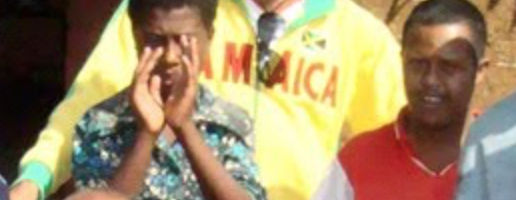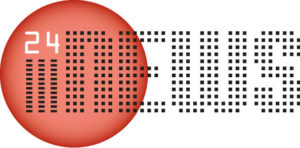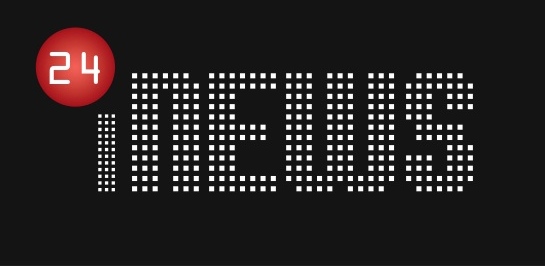
Walking around the festival yard of the Rototom Sunsplash European Reggae Festival in Benicàssim, Spain -that this year from August 16th till 22nd celebrated, in its 19th edition, 50 years of Reggae music- is accompanied with a careful decision-making process of which ska club, dancehall or dub station set to attend and equally not to miss any of the artists such as Morgan Heritage, Beres Hammond or Dean Fraser that form part of the exceptional line-up of Rototom’s mainstage.
But in the midst of over a hundred stalls selling reggae posters and records, African arts and crafts and Caribbean food and next to the House of Rastafari, I spot one man, I have bought a red-golden-green coloured Ethiopian cotton hand-made scarf from, the year before.
My heart is filled with joy when Ras Araya Abraha remembers me and points me to his forthcoming session Cooperation with Ethiopia to be held as part of the Rasta seminars at the Reggae University the same afternoon and thereby gives me the opportunity to learn about the Abisinios, an association he founded in 2006 to help children with physical or mental disability in Bahir Dar, Ethiopia.
Setting-up his association was coupled with a “decision” that Ras Araya took after he had been living in the Occident for over 15 years already but still felt the continuous urge to help and “do more and more” and as he reasons that the concept of “family” is “not a blood-related but rather a spiritual thing” he was inspired to his decision “to give his life to these children”.
The organisation works in an important field: securing the right to education for disabled minors and has succeeded –further to providing the kids with wheelchairs, food, school material, etc.- in refurbishing one special classroom and build a further two new buildings serving for special education within the premises of the Felege Abay primary school in Bahir Dar.
But what Abisinios is currently working on, is raising funds for the acquisition of a school bus, that Ras Araya refers to as “the children bus” and speaks out of anyone’s mind when he says that what is wanted is “for our children to be together on the way to school and back home”. Working towards that aim, Ras Araya together with his “army” of volunteers, which he lovingly refers to as his “soldiers”, embarks on a 6-days-24-hour shift of cooking Ethiopian food and preparing Ethiopian coffee, tea and other delights for the festival-goers, which by simply eating and drinking contribute to this project of the Abisinios.
And suddenly, sharing a plate of traditional Ethiopian food and wondering about these kids, the act of attending a Reggae festival becomes more meaningful, the decision of which music set to attend less a decision-making process, and is overrun by thoughts of how to take action and decisions about the areas to help Ras Araya; and he calmly admits “there is many, many, many things to be done” and certainly, he is right, from raising awareness and up to effective collaboration, there is a wide spectrum indeed.
Days after the festival, I visit Ras Araya in Madrid. He takes his lunch hour to speak to me and explains how he ensured that each and every one of his “soldiers” got back home safe. As I still got time for my flight to depart, he asks me along to see his workplace and we walk the streets of Madrid when we arrive at a kiosk. He stops and starts opening it up and, in response to my surprised look, Ras Araya smiles and says “I sell ice cream”. In that moment I realise that each and every hard raised cent goes straight to the children. Nothing, not even flights back from and to Ethiopia are being burdened on the funds of the association.
With so much hard work, dedication and love towards his Abisinios, don’t we all want to witness Ras Araya saying one day “that decision was the best decision I took in my life”?
If you feel inspired to help, want to make a donation or simply want to find out more about the Abisinios, please visit the website www.abisinios.org.
Written by: Ilona (iK, x)

